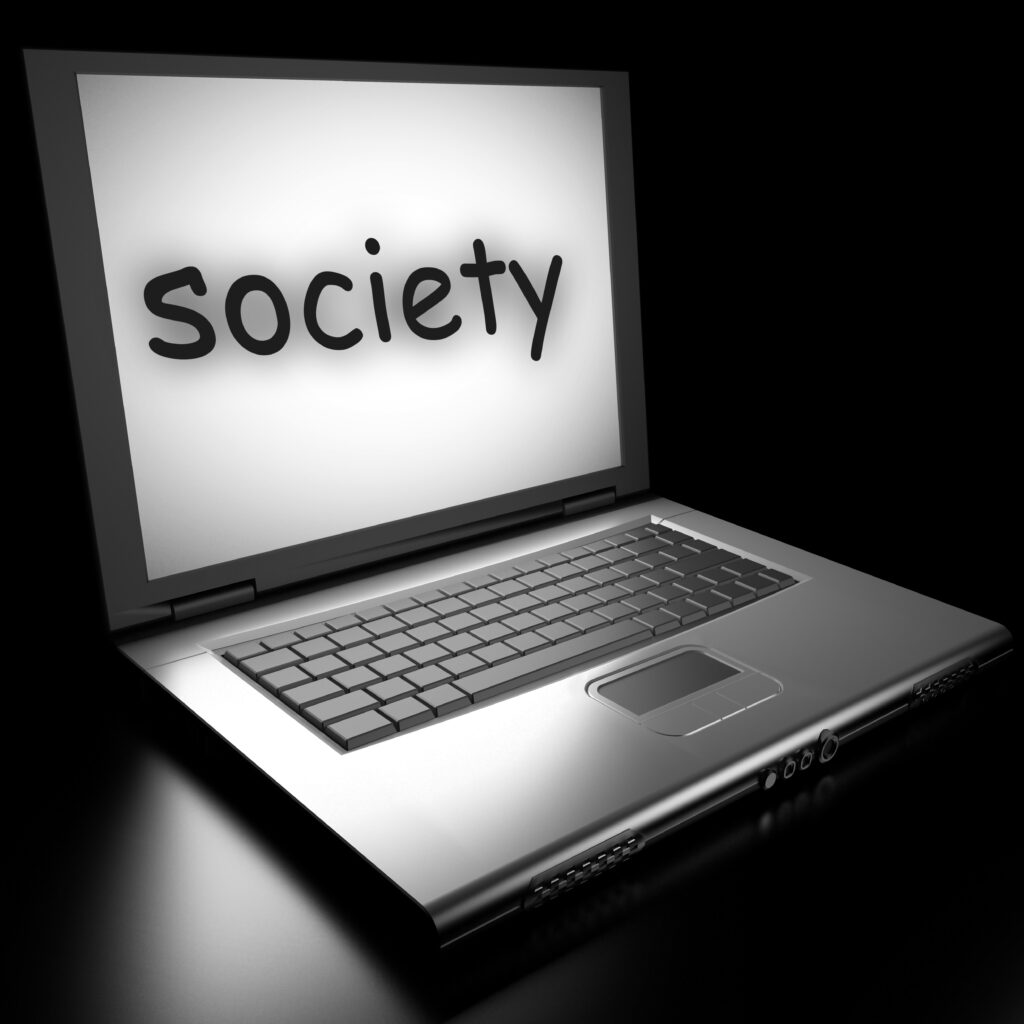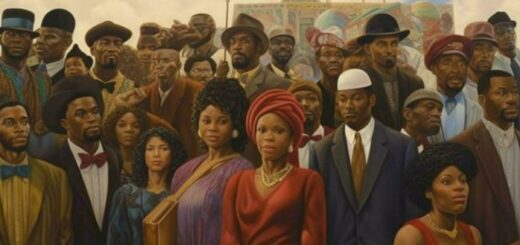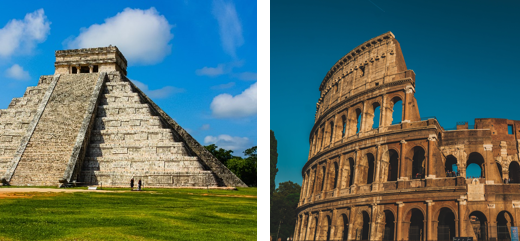Impact of Social Media on Society
The impact of social media on society is profound and multifaceted, influencing various aspects of our lives. Here are key keywords related to this topic:-
Social media has become an integral part of contemporary society, transforming the way we communicate, share information, and engage with the world. With the advent of platforms like Facebook, Twitter, Instagram, and more, the digital landscape has evolved into a dynamic space that influences various facets of our lives. The impact of social media on society is profound, shaping communication patterns, fostering global connections, and presenting both opportunities and challenges. This transformative force has altered the dynamics of information dissemination, community building, and even cultural norms. However, as we navigate this interconnected digital realm, concerns about privacy, cyberbullying, and the spread of misinformation highlight the complex relationship between social media and the broader societal landscape. Exploring the multifaceted dimensions of this phenomenon is crucial for understanding the ways in which social media shapes our collective experiences and influences the course of societal developments.

Communication: Social media facilitates instant communication and connectivity.
Globalization: It enables global interaction and the sharing of information across borders.
Information dissemination: Social media is a major platform for sharing news, opinions, and information.
Community Building: It fosters the creation and nurturing of online communities with shared interests.
Privacy concerns: Issues related to the privacy and security of personal information.
Cyberbullying: Negative online behaviors, including harassment and intimidation.
Filter bubbles: The tendency for individuals to be exposed only to information that aligns with their beliefs.
Influencer culture: The rise of individuals with significant online influence.
Digital activism: Social media’s role in facilitating social and political movements.
Mental health: Concerns about the impact of social media on mental well-being, including anxiety and depression.
Fake news: The spread of misinformation and its consequences.
Addiction: Issues related to excessive use and dependency on social media platforms.
Business and marketing: Social media as a crucial tool for businesses and marketing strategies.
Political polarization: The role of social media in contributing to ideological divides.
Cultural impact: Changes in societal norms, values, and behaviors influenced by social media.
Educational impact: The role of social media in education and learning.
Algorithmic influence: The impact of algorithms on content discovery and user experience.
Digital literacy: The need for individuals to be proficient in navigating and critically evaluating online information.
Regulation: Discussions surrounding the need for and challenges of regulating social media platforms.
Ephemeral content: The rise of short-lived content, such as Stories on platforms like Instagram and Snapchat.
In conclusion, the impact of social media on society is an ongoing narrative that continues to shape our interactions, perceptions, and behaviors. As we navigate this digital landscape, it is evident that social media has both positive and negative implications. It serves as a powerful tool for communication, connectivity, and the dissemination of information, yet its influence extends into realms that demand careful consideration. From privacy concerns to the spread of misinformation, the challenges associated with social media require thoughtful solutions and responsible use. Nurturing a digital environment that promotes positive engagement, digital literacy, and inclusivity is essential as we move forward. Society stands at the intersection of technology and human interaction, and understanding the nuances of this evolving relationship is crucial for fostering a balanced and harmonious coexistence in the digital age.









